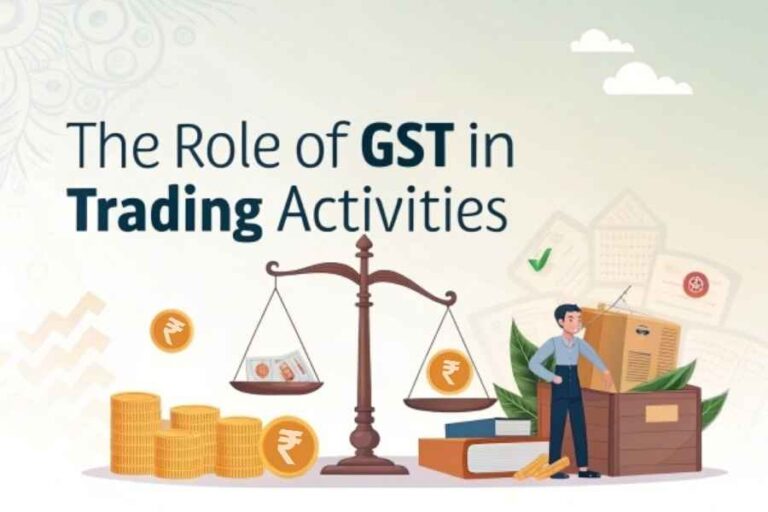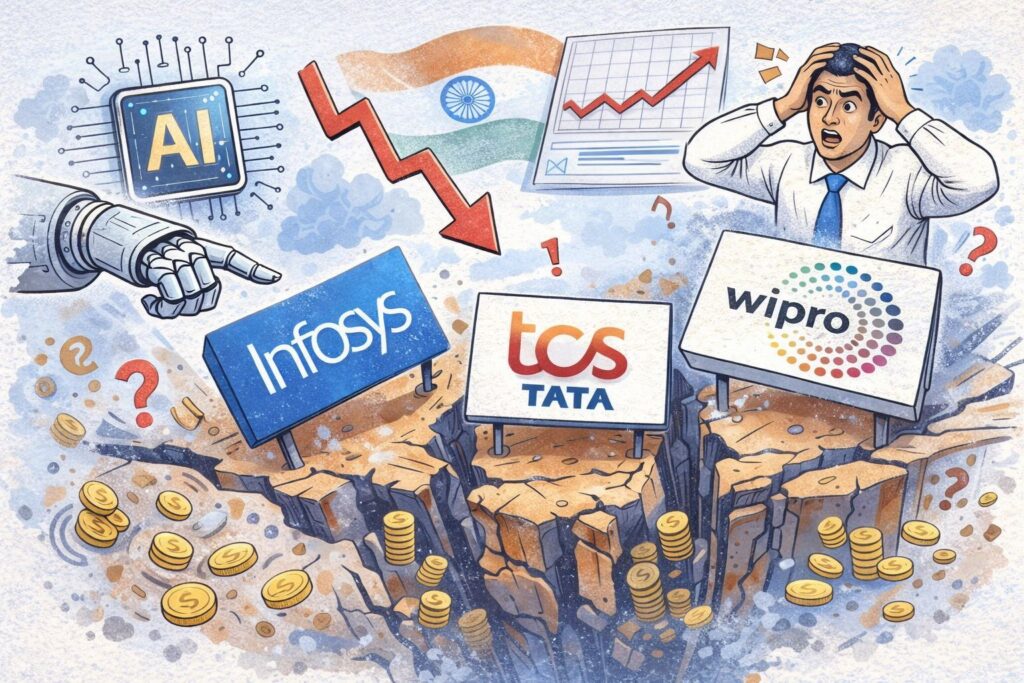
Interim Budget explained. Difference between Union vs Interim Budget
Dailybulls Research
Contributor
You’ve likely heard of the Union Budget which is an important financial plan released every years. But have you ever wondered about its interim counterpart? Meet the “Interim Budget.” It might not be as famous, but it plays a crucial role in keeping the government’s financial wheels turning during times of change. In this article, we’ll take a closer look at what the Interim Budget is and why it’s essential.
On 1st February 2024, Union Finance Minister Nirmala Sitharaman will present the Interim Budget for 2024-25. However, the full budget will be presented after the general (Lok Sabha) elections by the Finance Minister of New Government.
Previously, the Interim Budget was presented by Piyush Goyal in 2019 after the formation of BJP’s Government. Nirmala Sitharaman was appointed as Finance Minister and she presented the full budget on 5th of July 2019.
What is the Budget?
In simple terms, a Budget is a country’s financial blueprint that outlines anticipated Revenue ( from taxes and others) and expenses ( govt spending, subsidy, etc).
What is the Interim budget?
An Interim Budget is detailed documentation of all the expenses to be incurred and every Rupee to be earned through taxes in the coming months until the elections.
Interim is presented when the term of the Current government in coming to an end. Its usually presented just before General Elections.
Why an Interim Budget?
In India we follow the financial year from 1st April to 31st March. While last year’s budget only lasted till 31st March, the government needs approval to continue spending from 1st April till a new government is formed. This Budget acts as both a progress report & a plan for expenses.
The Interim Budget is also known as ‘Vote on account’. Finance minister of Rulling Government presents the Interim Budget during the joint sitting of Rajya Sabha & Lok Sabha.
Key Differences between Interim and Union Budget
| Aspect | Interim Budget | Union Budget |
|---|---|---|
| Definition | Interim Budget is a temporary budget presented by the government to cover its expenses for the remaining part of its term. This budget is usually presented in the year of election and only lasts till the ruling government is confirmed after the elections, which later presents the union budget. | The Union Budget is the annual financial statement presented by the government, detailing its revenue and expenditure for the upcoming fiscal year. In India, it's presented once every year on the first day of February. |
| Purpose | The main purpose of the Interim Budget is to ensure that there is no obstacle in government activities and services until the new government presents the Union (general) Budget. It usually covers the government’s finances for a few months till the completion of its terms. | The Union Budget is designed to outline the government’s financial plan for the entire financial year. It includes detailed allocations for various sectors and outlines policies for revenue generation and expenditure. |
| Duration | Interim Budget covers a shorter period, usually a few months until the new government presents the full budget. | Union Budget covers the entire financial year (April 1st to March 31st in India). |
| Detailing | Interim Budget is less detailed compared to the Union Budget as it focuses on essential expenses and does not include major financial changes and policies. | Union Budget is highly detailed. It covers all sorts of expenses and includes major policy announcements and financial changes. |
| Policy Announcements | The government avoids major policy announcements or significant changes in taxation in Interim budgets. | Major policy reforms, new schemes, and announcements regarding taxation, subsidies, and other economic measures are presented in Union Budget every year. |
| Parliamentary Approval | For the Interim Budget, approval only for a portion of the budget (Government expenses) is required. | Once a Union Budget is presented, it requires parliamentary approval for all policies and allocations. |
| Frequency | Interim Budget is only presented in special circumstances like an election year. | Union Budget is presented annually. |
| Scope for Modifications | As the Interim Budget is for a provisional arrangement, it is most unlikely to get modified. | Union Budget offers a broader scope for introducing new programs, modifying existing ones, and making substantial policy changes. |
| Financial Planning | The main focus of the Interim Budget is on the continuity of government operations without major disruptions. | The aim of the General Budget is long-term financial planning and development initiatives for the country. |
| Public Expectations | Generally, for the Interim Budget, there are no expectations from the public as this budget is temporary. | Due to its nature, there is high public interest and expectations from the Union Budget as it sets the economic agenda for the whole year. |
While Interim Budget may not be as comprehensive as a Union Budget, its role in ensuring the uninterrupted functioning of government services is crucial. By providing a temporary financial framework, the Interim Budget bridges the gap between the end of the fiscal year and the formation of a new government, allowing for a seamless transition in governance.
Share this insight
Spread the Alpha
If this analysis helped you, pass it along to your trading desk or community.
Related Articles
More ideas that align with your trading playbook.

Ramkrishna Forgings Limited: An In-Depth Analysis of FY 2024 & H1 FY25 Performance
This article provides a detailed analysis of Ramkrishna Forgings Limited’s performance for the fiscal year ending March 31, 2024 (annual report). I…

FMCG and NCONSDUR Show Optimism After Budget 2025 – Here’s Why
The positive outlook in the FMCG and Non-Consumer Durables sectors after Budget 2025 comes from several new steps that are expected to…

The Role of GST in Trading Activities: What Every Trader Should Know
Synopsis: This blog highlights how GST affects trade in India from registering under GST to ITC benefits such as GST rates and…




You’ve broken down a complicated topic into very digestible points. Thanks for making this so user-friendly.